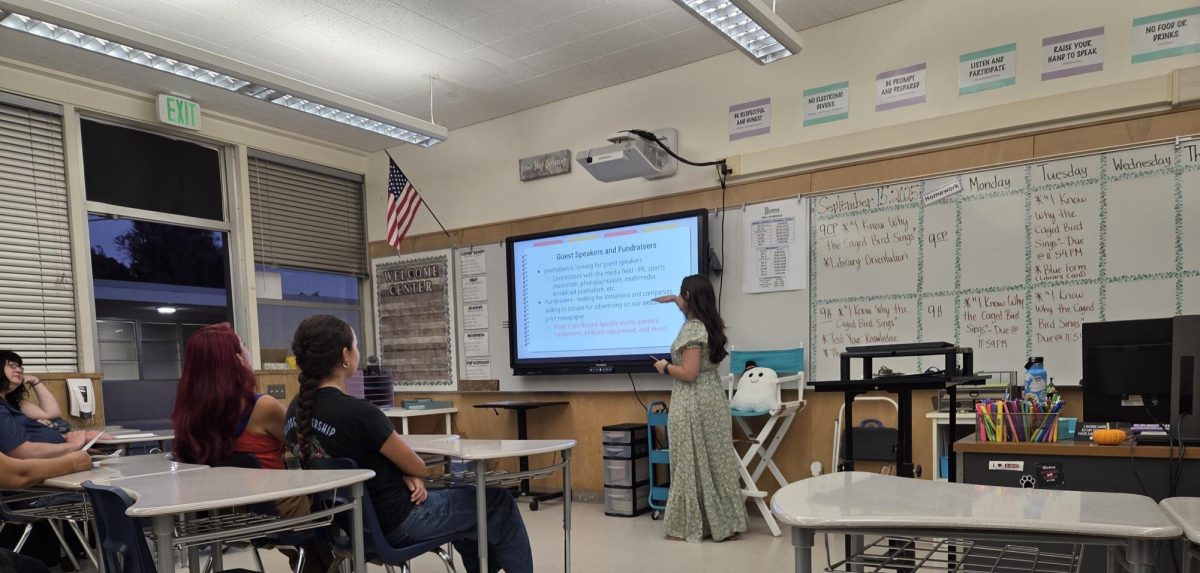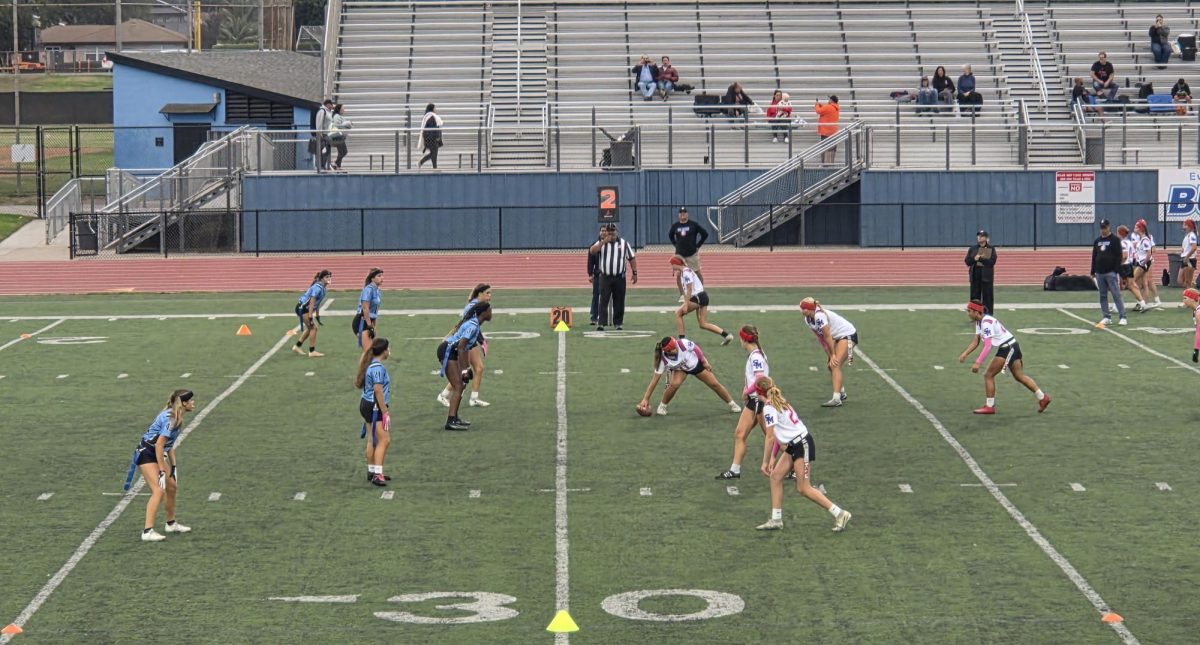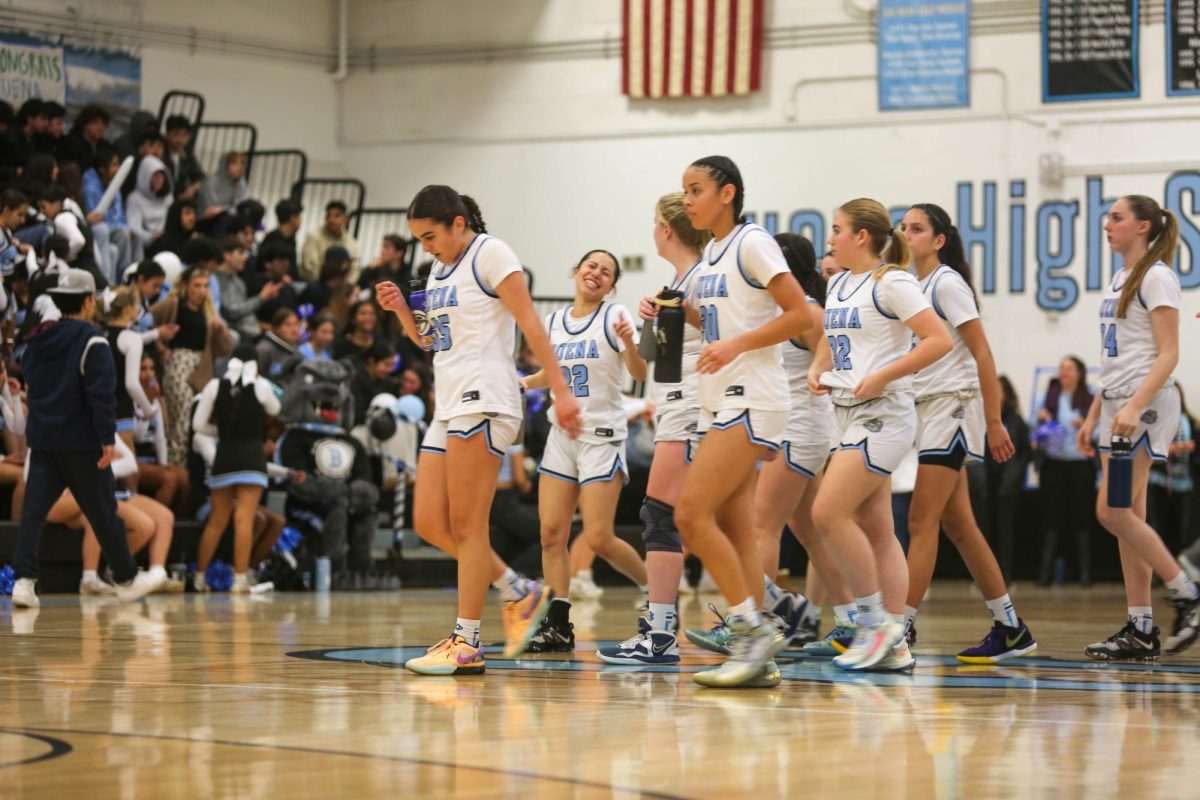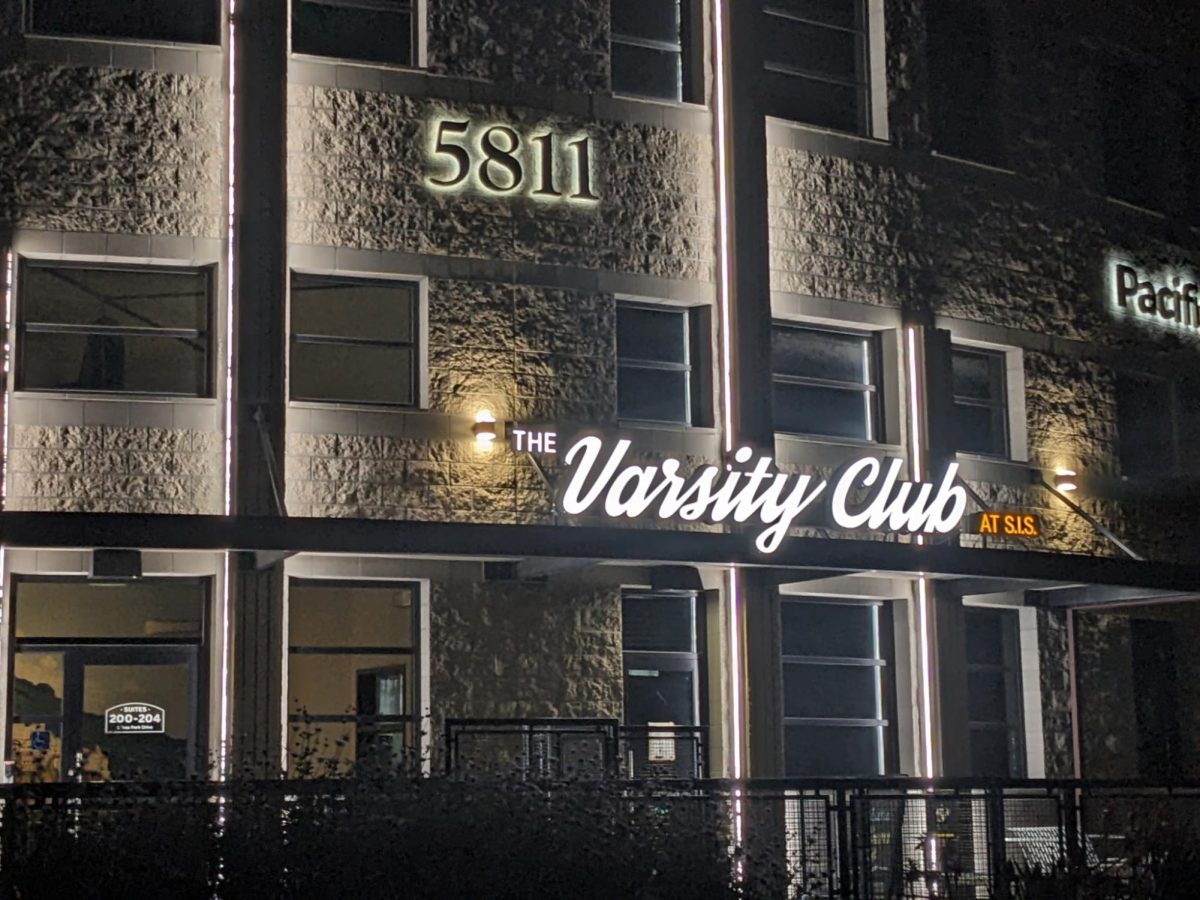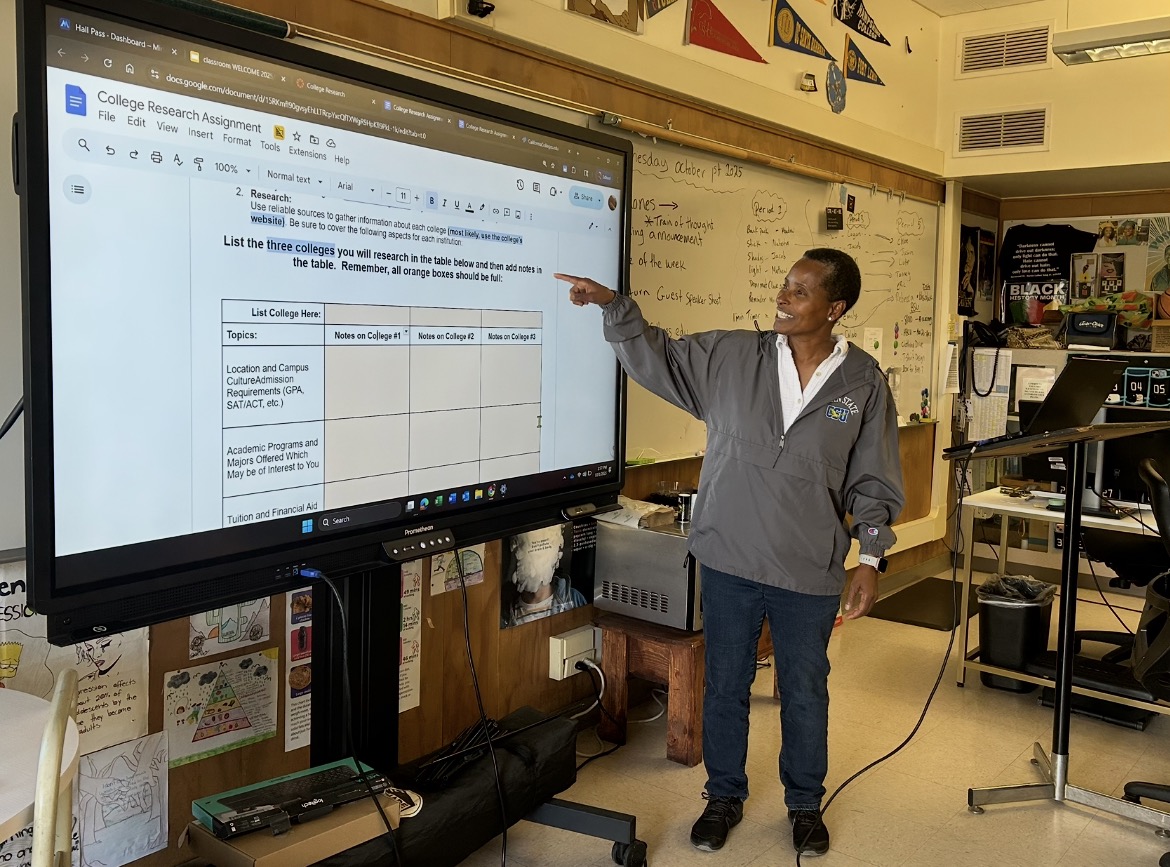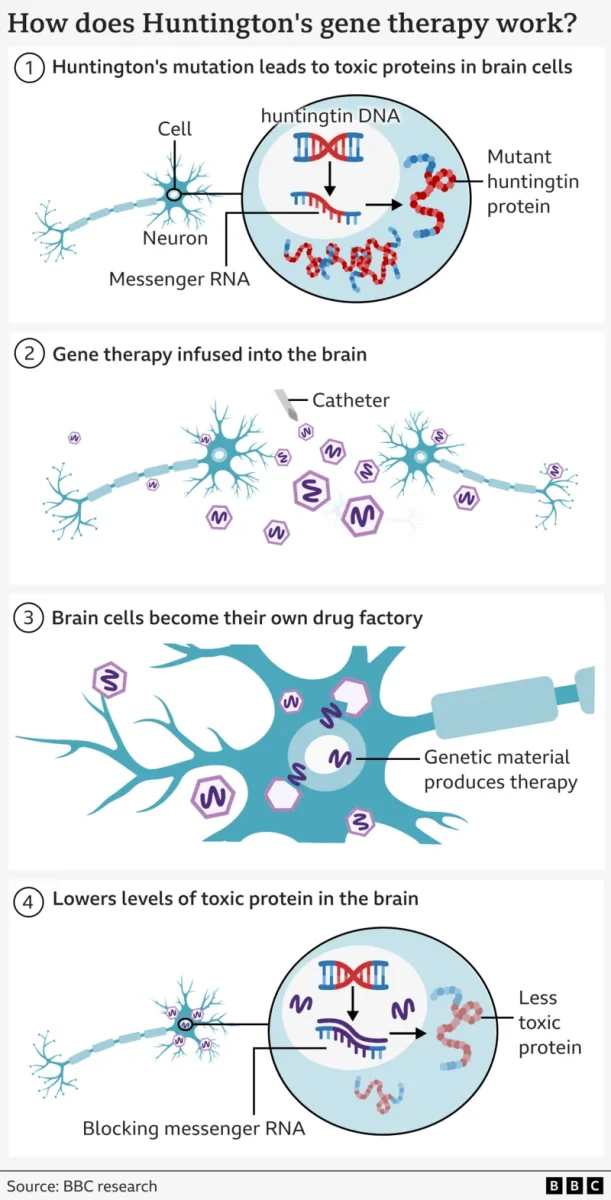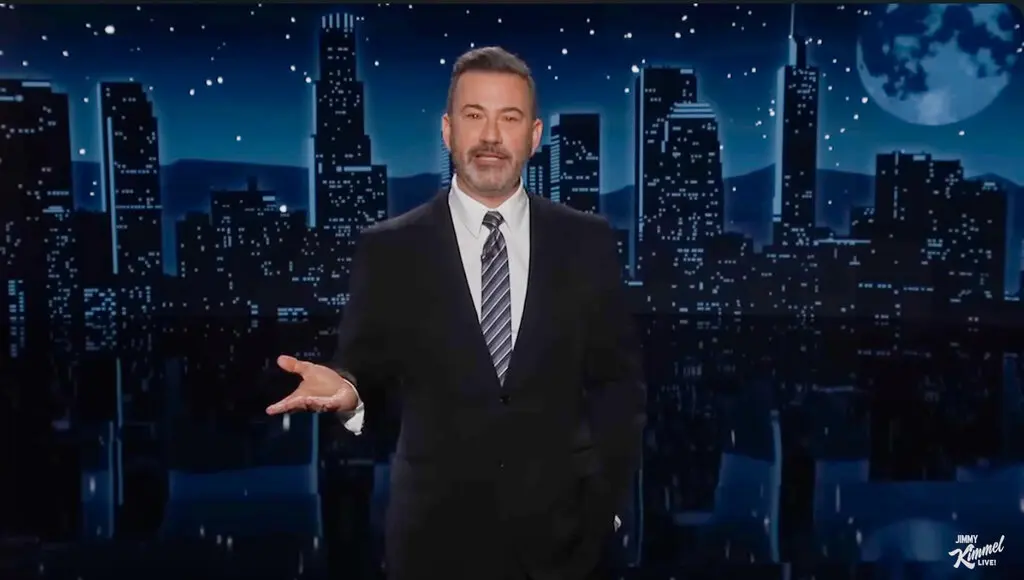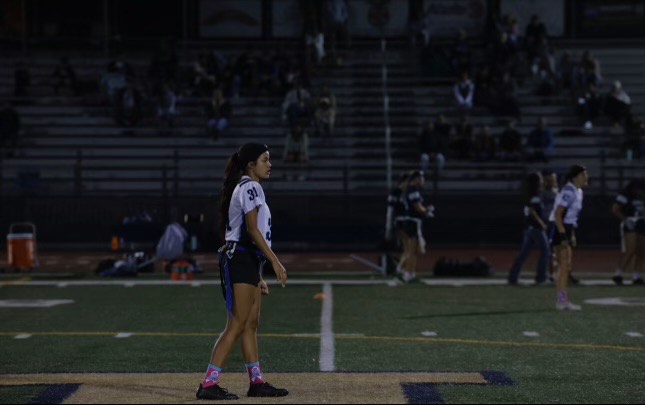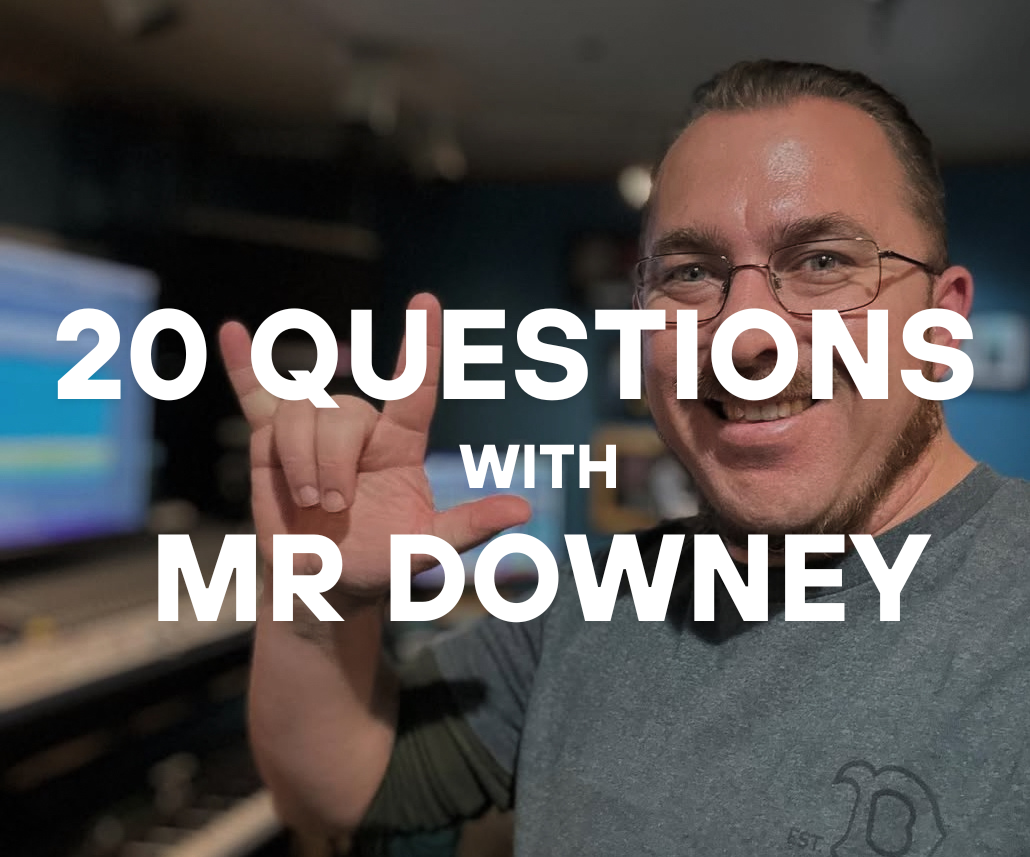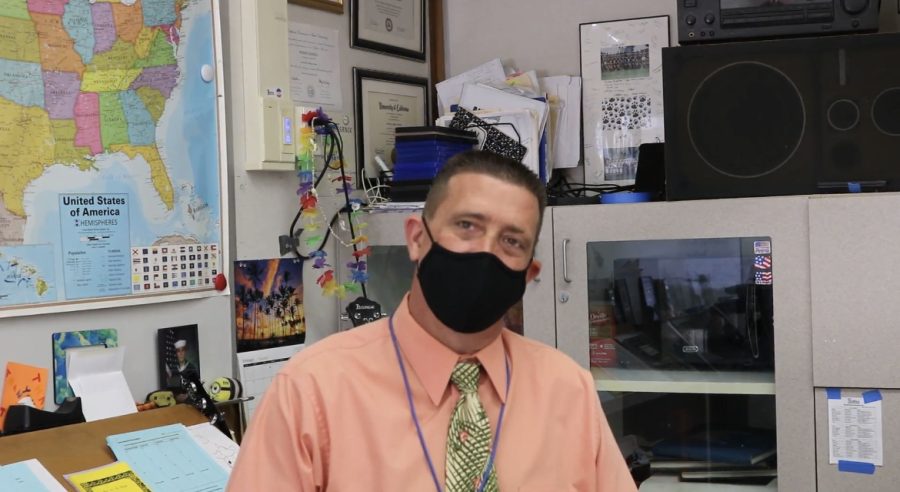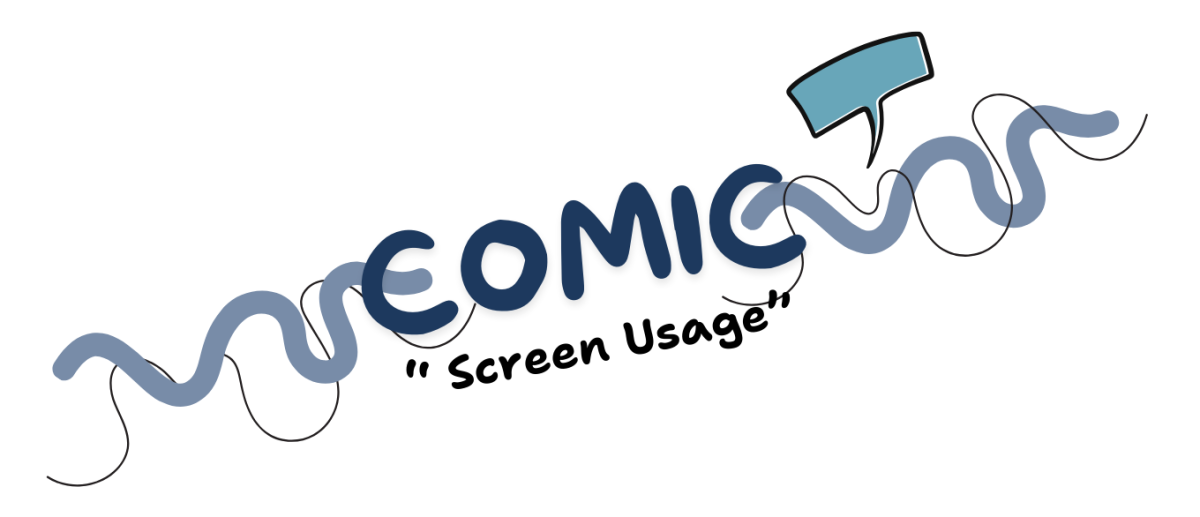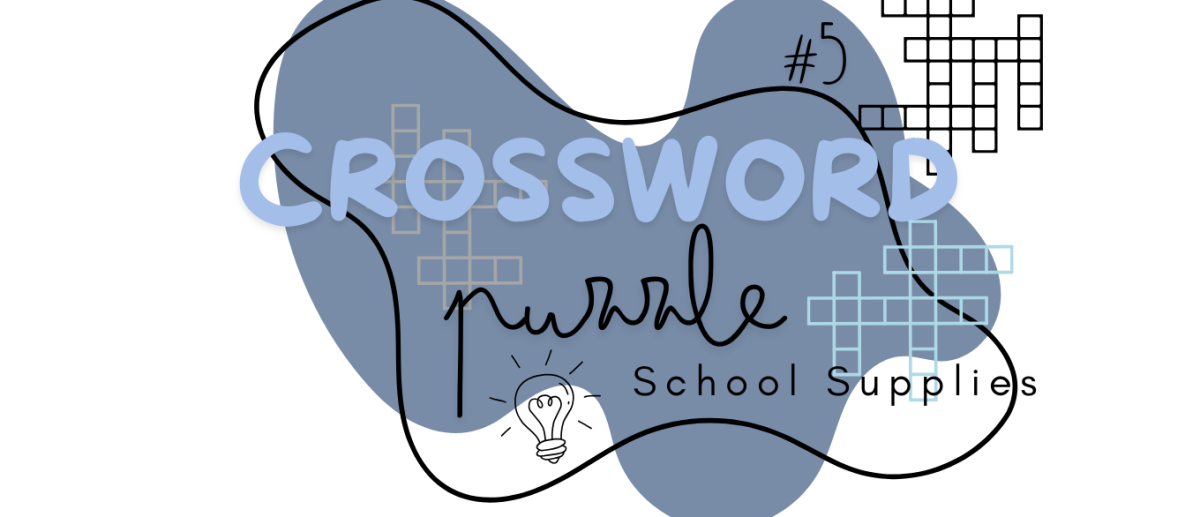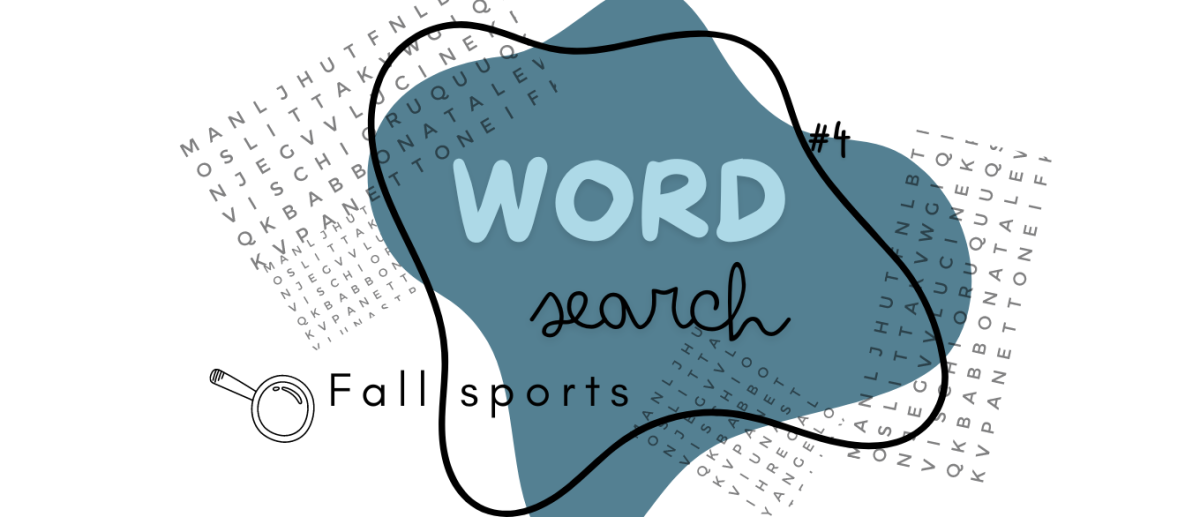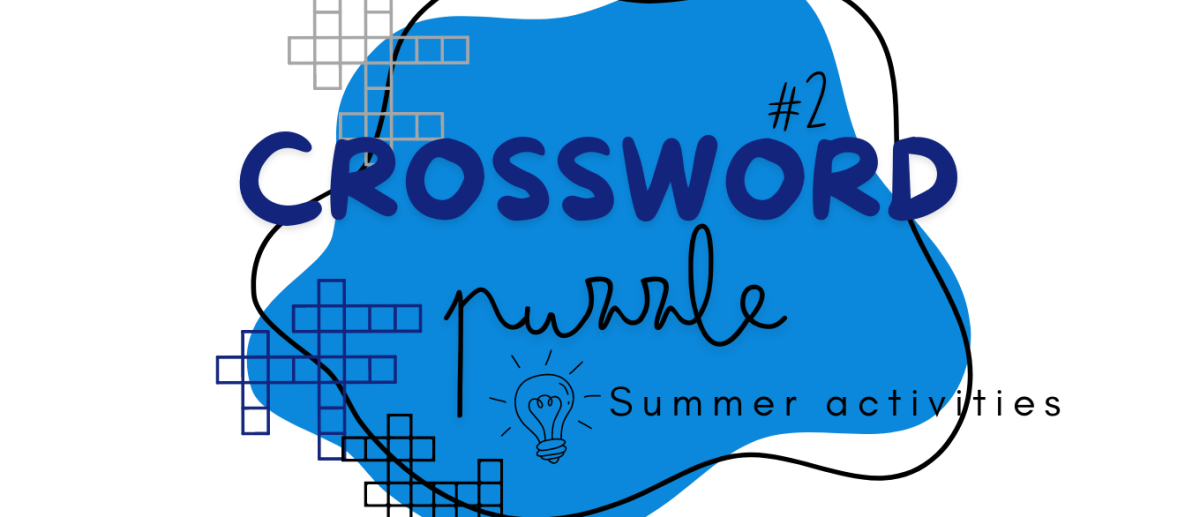High school is supposed to prepare students for future adulthood. As students begin to buzz about graduation this June, the time to transition into college and adulthood creeps closer. However, school fails to fully prepare students with the basic skills they will need to be successful for life after the classroom.
There are Career Technical Education courses provided in high school, albeit not in every school, that can guide students to their career paths and simulate what they will be responsible for in their future. It is just a wonder whether there is more to offer to ease into a student’s adult transition further.
Take a look at Economics versus Money Management, for example. Economics is a required class for one semester, Money Management is an elective. Both can be important; Economics teaches about the operation of production and consumption, while Money Management provides management skills students can apply to their personal finances.
“There are so many instances where students get out of high school and they don’t know how to manage their money,” AP US History teacher Meghann Martin said. “They don’t understand compound interest, and they don’t understand how that relates to the loans that they take out [for] college.”
According to CNBC Make It, about 18 states require personal finance curriculums as of 2023, reason being that the basics; income, budgeting, investing, and so on, should be provided during school, formatted in a way that is easily consumable for teenagers and laid out in a course long enough to be properly consumed.
The question of why schools can not add all life skill classes such as Money Management as required curriculums confuses many high schoolers. The simple answer is, it is not simple in the least.
Martin explained that there are state and district required classes schools legally must teach. Democracy and Economics are required classes, however state required history classes and district required classes, like College and Career, have cut them short to one semester each to accommodate for C&C.
This creates only a small window left for the most essential leftover curriculums, including unrequired essentials.
“Anytime you add, that means you take away from somewhere else.” Martin said. For example, when the school added College and Career to ninth grade, they took the former year of World Geography for ninth grade and rolled it into World History.
Since it’s virtually impossible to make every essential a requirement, Buena should prioritize advertising the electives that contain life skills. I had not heard of money management as a class until senior year. Myself and other students never saw it advertised and it was never explained or recommended.
Informational videos are provided during class registration, however these videos are very forgetful to many students, and sometimes they even go unwatched. There should be other advertisement sources that provide information about these classes, not just a one-time video that may not be remembered once it ends.
Life skill electives are especially essential as more students are getting jobs while they are still in high school.
Choir and History teacher Kevin Downey breaks it down into individual ideals: “I might think everyone needs to take psychology, but someone else might say, ‘That’s an interesting subject, but it’s not as important as College and Career seminar,’” said Downey. While the goal of finding what is most beneficial for a student’s school career is mutual, personal values and standards may not be.
That is why additional advertising is so important for the elective system: making sure all options are made known to align with a student’s personal standards.
“We understand how to learn, so that when you graduate, hopefully you have the ability to learn whatever you want,” Downey said. “Hopefully you’ve had the content and skills built, so that way you have more choices, more freedoms, and more opportunities.”




